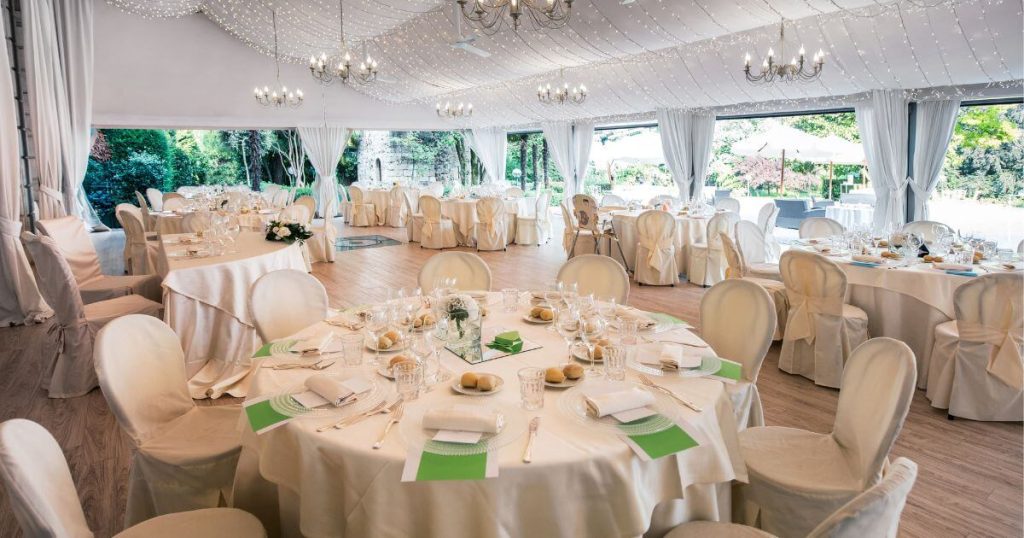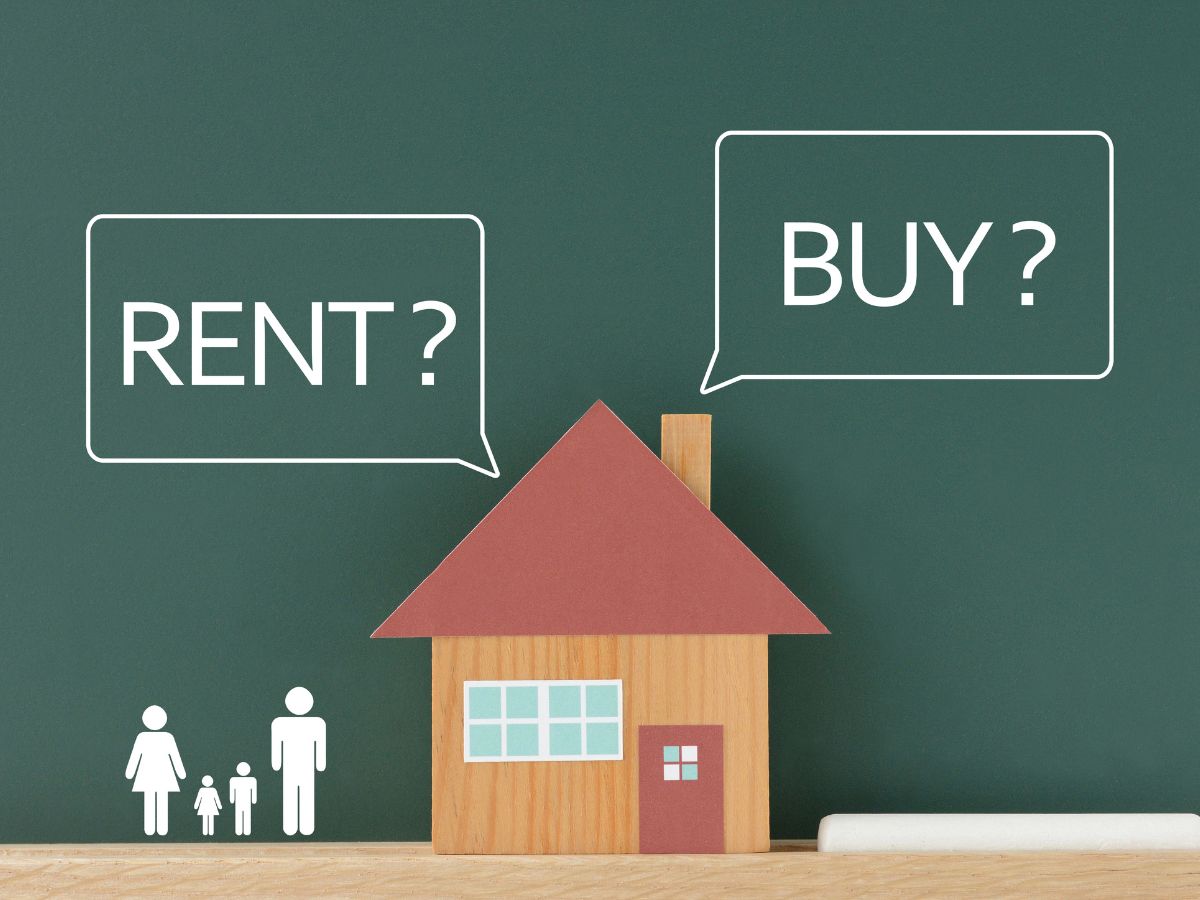The event sector is expected to increase twice in value by 2030 after experiencing significant development in the previous ten years. Research shows that the event business is worth 79 billion dollars at present, and would grow by a Compound Annual Growth Rate of 18.8% by 2030.
Numerous bright companies have taken note of this rise and realized the advantages of launching an independent event venue company. So, how Profitable is Owning an Event Venue?
How Profitable is Owning an Event Venue?
The profit margin represented as a proportion of annual venue revenue is essentially the measure of venue profitability. Your bottom line, or venue profitability, is what matters most when managing your venue business. Although the majority of the venue proprietors always prioritize their bottom line, others also place a similar importance on providing high-quality services.
The biggest factor influencing venue profitability is really the quality of your service; other factors include location, size, facilities, competition, marketing techniques, and the prevailing need for event venues in the region. In order to increase income and improve the profitability of your event venue, you should take into account the following important factors.
Factors to consider in Event Venue Profitability
Location:
The event space’s location is critical to its profitability for the following reasons:
Accessibility: Since guests choose convenient places to stay, venues that are easy to reach by public transportation or major roads draw in greater business.
The degree of visibility and foot traffic:
Greater vehicular traffic and visibility can result in more inquiries and reservations. Locations in crowded or well-known regions sometimes have a greater probability and attract prospective customers. Renting out event venues in well-known or busy locations may result in greater popularity and higher leasing costs.
You may have missed: Event Venue pricing in Texas.
The Size and Absorbency:
The event space’s profitability will depend on its dimensions and capacity. Greater consumer traffic and income may result from larger event venues that can handle a variety of events and group sizes. In addition, to guarantee profitability, it’s critical to meticulously monitor operating expenses, including utilities, mortgage payments, repairs, and personnel. Having a successful event venue is all about providing top-notch services at reasonable operating costs.
The services and properties:
To draw more customers in and improve profitability; boost your reputation, prioritize operational efficiency, and offer a competitive edge, put forth first-rate facilities and an extensive selection of facilities can have a direct impact on the profitability of an event venue. Additionally, event venues that provide eye-catching extras like driveways, food carts, multimedia devices, and adjustable setup choices can charge more for their rentals and draw in more business.
Here are the best video production equipment for events in 2024.
Research is important to lead in the industry; you must conduct your research and analysis. If you’re just getting started, research and discover what your competitors are up to. You may find out what clients like and dislike about them by going to their websites or looking through review sites. Investigate and examine your competitors’ marketing tactics, offerings, clientele, and other aspects to make sure your venue is upgraded and at first class for profitability.
Use your skills to set yourself apart from the competition. Recognize their weak points and use them to your advantage.
The Sales and Promotion:
Increasing reservations and optimizing income requires efficient sales and marketing techniques. Event venues are more inclined to turn a profit if they make marketing investments to connect with their target market and establish a strong brand presence. Start by raising brand awareness. You can only cut out a place for yourself by raising awareness of your brand, irrespective of the size of the venue or your sector. Having an easy-to-use website is a good place to start. Write blogs on a regular basis and reply to readers’ questions or remarks. To improve your content’s search engine ranking, choose keywords that are designed for SEO.
If the cost of owning a website is out of your reach, you may consider a cheaper option, People Connect LLC. This is an event listing website, where Event Venue owners can list their venues for free. The platform is a business networking and event platform, where professional speakers, event attendees, consumers, exhibitors, as well as organizations and businesses frequent.
All you have to do is, Register on People Connect LLC as a Venue Vendor, go ahead to list your venue space, capacity, pricing, location and other details, you are sure to have bookings for your event space in no time.
Competition:
An event space’s profitability may suffer setbacks due to the degree of competition within the region. It could be harder to differentiate itself and get clients if there are many other event venues nearby.
Evaluating your rival is necessary, though, if you intend to truly stand out. To become an established leader in your industry, you must conduct this research and analysis. If you’re just getting started, do some research and find out what your rivals are up to. You may find out what clients like and dislike about them by going to their websites or looking through review sites. Investigate and examine your competitors’ marketing tactics, offerings, clientele, and other aspects to make sure your venue is profitable. Use your skills to set yourself apart from the competition. Recognize their weak points and use them to your advantage.
The Cost of Owning an Event Venue
Ownership of an event space comes at a high and varied cost, with large upfront costs and continuous running costs. A precise financial strategy, in-depth market knowledge, and an aggressive strategy to marketing and client support are all necessary for success in this field. Even though they are expensive, event venues may be lucrative and fulfilling business ventures with the correct management and setting. There are a number of costs to take into account, from inception to continuing operations. Below is a detailed analysis of the expenses related to owning a venue for events:
Initial Expenses
Purchasing or Renting Real Estate:
Acquiring Real Estate: Depending on the location and size, purchasing a venue might have a substantial upfront cost that can range from $100,000 to several million dollars.
Rental: Depending on the venue’s location and scope, monthly renting fees can vary significantly, with metropolitan regions often fetching higher rates.
First Furnishings and Equipment:
Tables, chairs, lights, audiovisual systems, kitchen appliances, decor, appliances, and equipment are examples of vital furnishings. Purchasing high-quality electronics, décor, and furnishings is essential. This has the potential to easily reach hundreds of thousands of dollars. The starting price range is between $30,000 and $100,000.
Continuous Operating Expenses:
Employees such as servers, bartenders, cleaning crew, and event managers are examples of regular personnel. The yearly salary of a complete crew might range from $300,000 to $600,000, depending upon the volume and scope of events.
Utilities Repairs and Maintenance:
You’ll need to pay monthly fees for utilities like electricity, water, gas, and internet. You’ll also need to budget for unforeseen repairs like plumbing and electrical work as well as upgrades like technology and décor. Maintenance expenditures can vary between $1,000 to $7,000, with bigger venues paying more.
Marketing and Advertisements:
The cost of attracting customers through successful promotion can range from $10,000 to $60,000 per year, including networking websites, online advertisements, and promotional activities.
Insurance coverage:
The annual cost of complete risk, assets, and event cover is normally in the range of $2,000 to $11,000.
Periodic Variability:
The wedding period and the holidays are when business might be at its highest. It might be difficult to manage cash flow when business is slow.
Unforeseen Maintenance Work and Improvements:
Eventually, unplanned maintenance, such as wiring, plumbing, and other work, and upgrades, such as furniture and equipment will be required.
Costs of Litigation and Compliance:
There may be extra costs associated with keeping up with regional laws that change as well as handling legal matters when they come up.
Conclusion
In this article, we have discussed how profitable is owning an event venue and the factors affecting owning an event venue. The event sector is poised for substantial growth, with projections indicating a doubling in value by 2030, driven by a significant compound annual growth rate. For those considering ownership of an event venue, profitability hinges on various factors, including location, service quality, and effective marketing strategies, necessitating careful management and strategic planning to navigate the associated costs and competition. We recommend starting your event venue as soon as you can afford it after you have fully grasped the knowledge of how profitable is owning an event venue discussed in this blog post.





